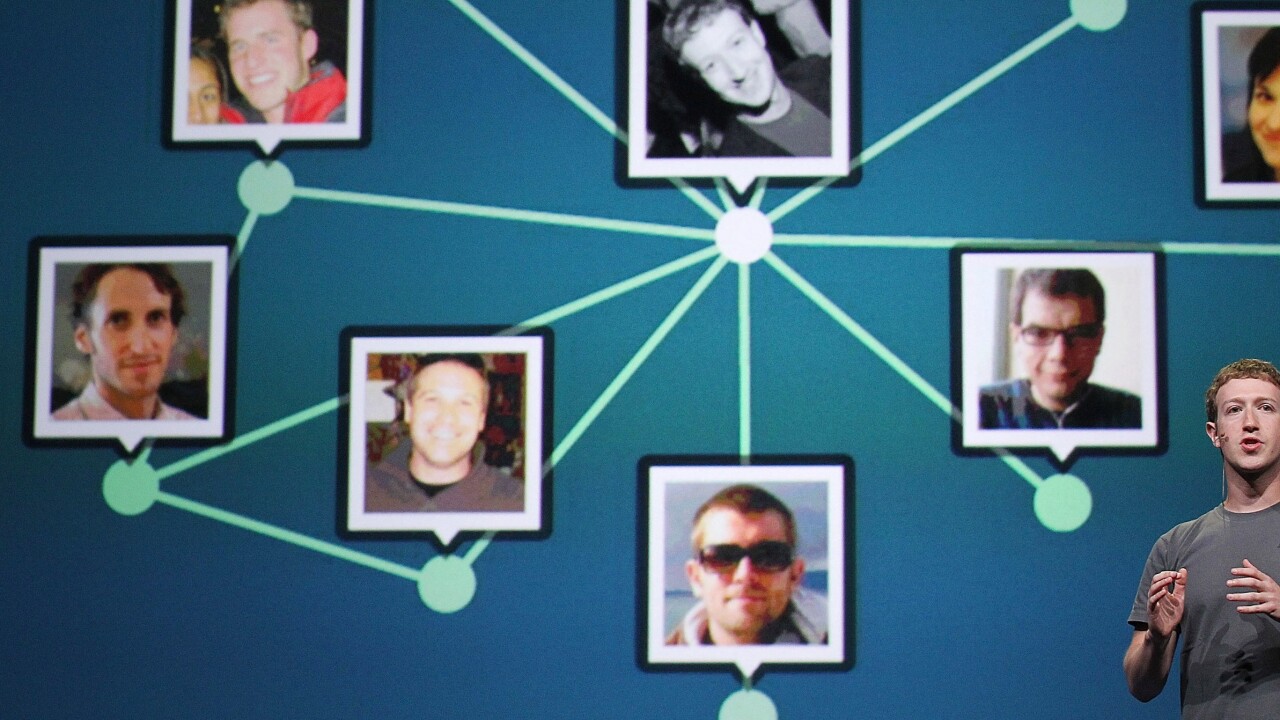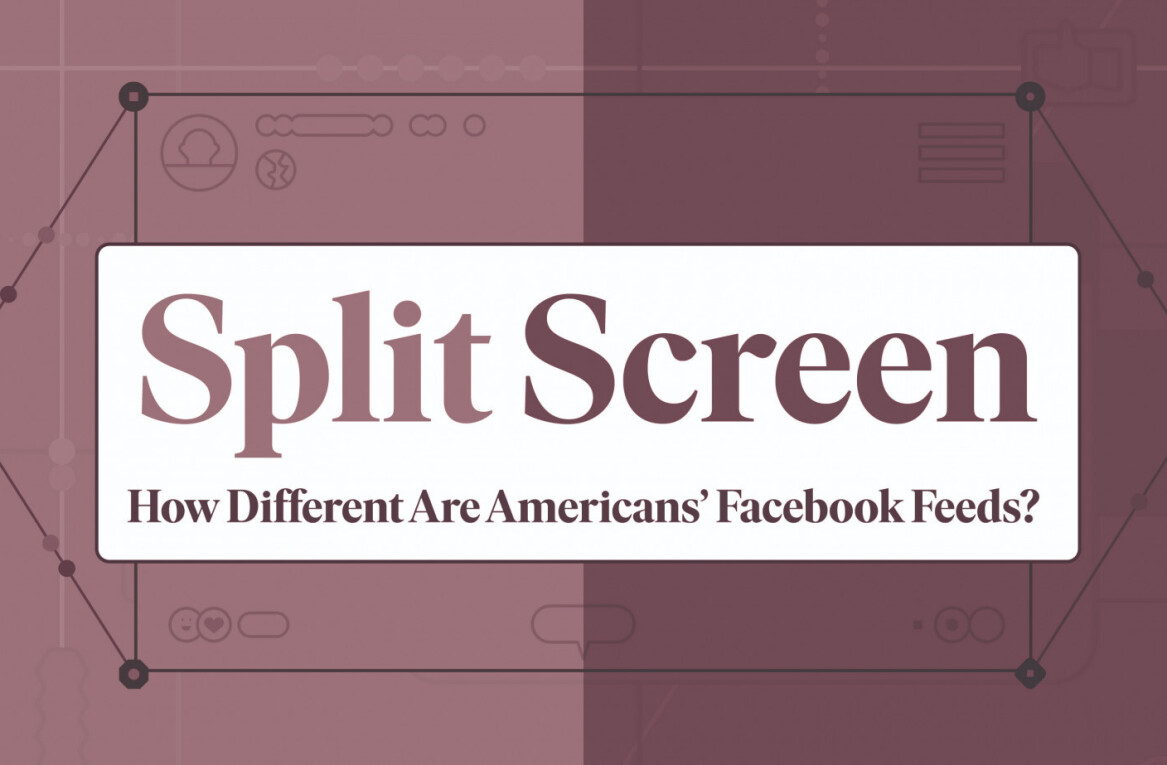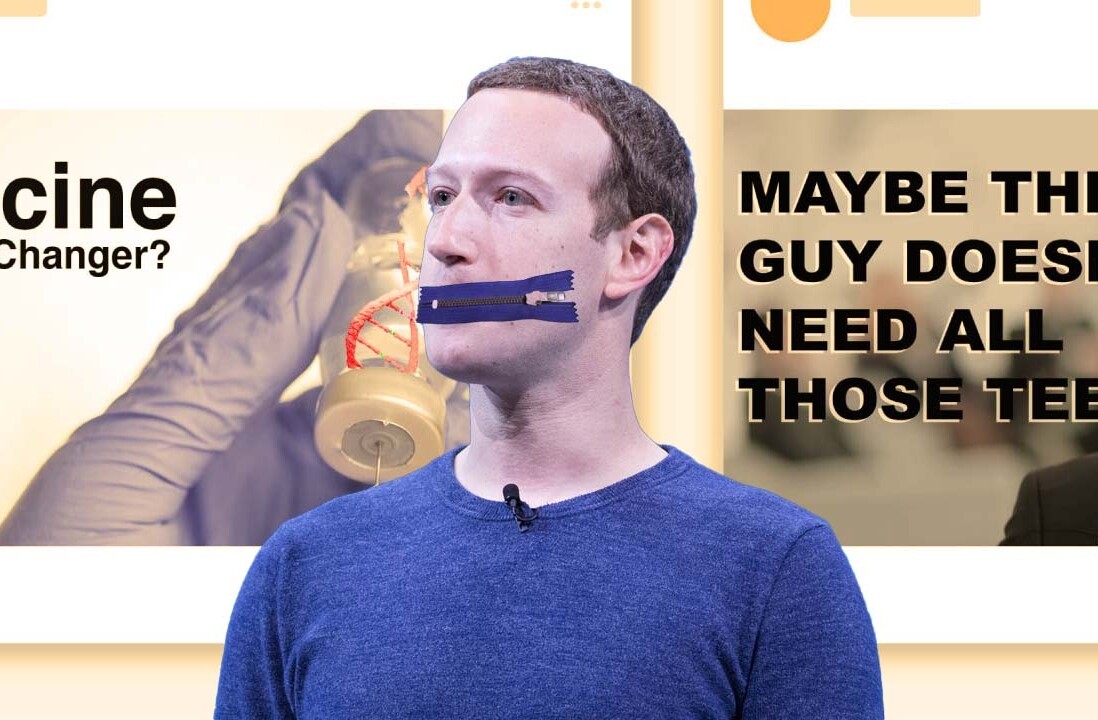
Facebook has announced a new search feature dubbed Graph Search, a service which is built atop the network’s Social Graph. CEO Mark Zuckerberg says the company has been working on Graph Search for years, and claims it offers something that no other service can. It is available as a limited preview right now for English audiences only.
Zuckerburg made it clear that this isn’t a Web search service, and that user privacy has been taken into concern. Graph search is designed to take a precise query and deliver an answer. While Facebook says users can only search for content that has been shared with them, it is possible to search for things such as “TV shows watched by doctors” or “Music liked by people who like Mitt Romney” or even “Languages my friend speaks”.
Facebook’s CEO says that every piece of content on Facebook has its own audience with most of it not available to the public. Currently, you can only search for content that has been shared with you. News first emerged about Graph Search in 2010.
Right now, there are more than 1 billion people on the site with 240 billion photos and 1 trillion connections in the social graph — and it’s rapidly changing.
Facebook has detailed how the new service will work for users: “Graph Search will appear as a bigger search bar at the top of each page. When you start typing to search for something, it will make suggestions of searches you’re looking to perform and once you select the search it will return results on a page that you can further customize and filter.”
Zuckerberg says that Graph Search is a new way for users to get new information and connections on Facebook. When asked by Rackspace’s Robert Scoble about if there’s going to be an API available, Zuckerberg says it’s going to take some time and right now the service is focused on people, photos, and interests.
What can you do with graph search?
With people, Zuckerberg says that when he wanted to look for friends who would be interested in watching “Game of Thrones” with him. He did a search of friends who lived in Palo Alto and enjoyed the show. The result were 17 of his friends, including his sister Donna Zuckeberg. With photos, it displays the photos of Zuckeberg and his wife, Priscilla Chan. He says that at the top of the search results, are those images that received the most engagements: Likes and comments. In terms of places, Zuckerberg put in the query of mexican restaurants in Palo Alto, California and where friends have been. Facebook displays the places nearby and friends recommendations.
In order to get the power of Graph Search, Zuckerberg says that you need to try it out yourself. He says that this new feature forms the “Third Pillar” of the ecosystem, with the other two answering queries such as “what’s going on around them” (seen in the News Feed) and “what’s going on in their life” (seen in the Timeline).
Rumors had been circulating for the past week about what the social network planned to announce, with many speculating that it was one of several things: its own mobile phone, a mobile news feed update, release of Messenger for iPad, or announcement of a new campus. We now know that none of these are true and instead, Facebook is rolling out a new service called Graph Search — something that stands to be an important part of the social network’s functionality in its next phase.
With more than 1 billion users on the network, the company holds the keys to a treasure chest of information. Right now, if you search on Facebook for anything, say “The Next Web” in the search bar, it pulls up an individual profile or page. But if you click on “Search the Web”, the results are pulled from Bing, to which the social network has partnered with.
What about privacy?
Anything that Facebook launches will most likely result in some scrutiny by privacy advocates. In a means of pre-emptively addressing these concerns, the social network uploaded a video that it hopes will assuage people’s fears:
The company emphasized that Facebook recently updated its privacy settings where users can control what’s being seen. One of the objectives is to highlight the Activity Log in which users can look at photos and content that they’re tagged in and have it either taken down, resulting in the removal of tags and notifies the original poster letting them know that it was embarrassing. Before Graph Search gets widely used by users, Zuckerberg says that the News Feed will contain a message promoting these new privacy settings to make sure everyone is aware of the feature.
Right now, in traditional search, Google maintains a dominating lead in market share over its nearest competitor, Microsoft. With 66.7 percent share according to comScore, it’s unmatched as a source of information. But Google lacks access to Facebook’s masive pool of social data. Facebook’s social graph brings contextual search to a whole new level — from name to geographic location, friends to interest, wall posts to comments and Likes, the amount of activity on the network can surely give anyone the understanding of what users are interested in.
At TechCrunch Disrupt last year, Zuckerberg said during his first public interview since the company issued its IPO that search could be coming. The Facebook founder stated:
Search is interesting. We do on the order of 1 billion queries a day and we’re basically not even trying. Today with search, the vast majority of it is people trying to find people, but there’s also a meaningful portion of queries where people are trying to find Pages, brand Pages, other business Pages — so there’s a bunch of that that actually does link to commercial behavior, and I think there’s a big opportunity there and we just need to go do that…
…Facebook is pretty uniquely positioned to answer the questions people have. What sushi restaurants have my friends gone to in New York in the last six months and Liked? Or which of my friends or friends of friends work at a company that I’m interested in working at because I want to talk to them about what it’s going to be like to work there? These are questions that you could potentially do at Facebook if we built out this system that you couldn’t do anywhere else. And at some point we’ll do it. We have a team working on search.
Zuckerberg says that Graph Social is being rolled out slowly to a small audience (“hundreds of thousands” according to Zuckerberg) and will be accessible by users over the next “coming weeks and months.” He says that by moving slowly, the service will be able to curate and index more data for useful results and that it also depends on the feedback it receives.
Photo credit: Justin Sullivan/Getty Images
Get the TNW newsletter
Get the most important tech news in your inbox each week.








